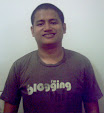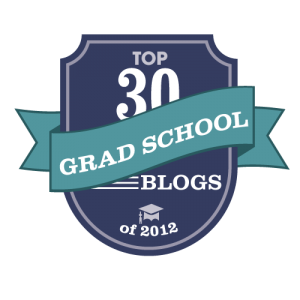Last Thursday, an article by Lawrence S. Bacow, Shamsh Kassim-Lakha, and Saran Kaur Gill came out on the Chronicle of Higher Education website. They gave an insight on how the academe can benefit society and at the same time improve their teaching capacity.
They started by questioning some long held ideas employed by universities regarding their role in social development.
“…we believe that a university is not an ivory tower. It is a social enterprise, with obligations to the society that supports it.
Scholarship need not be carried out in splendid isolation. Universities themselves will benefit if they work on crucial issues affecting their local communities, such as public health and education, challenges of urban or rural living, climate change and agricultural production, and the development of civil society.”
Following are three ways the academe can share their material and intellectual resources in order to contribute to social development:
1.) Working on local problems can enhance teaching and transform lives.
The article cited the Urban Health Program at Aga Khan University focusing on the poverty stricken city of Karachi in Pakistan which involved improvement of basic health care, sanitation, education, and employment opportunities in the area.
“[The Program] required medical students to conduct their practicum and research activities in poor neighborhoods, where they also offered counseling, health and nutrition education, health screening, and child and maternal aid. The university significantly improved what its students learned, made it more relevant and assisted poor families in Karachi.”
2.) A university can act locally but have national influence.
Shape Up Somerville is a program by Tufts University when they have found out from a university research that half of the first- through third-grade students in Somerville, Mass., near the university campus, were overweight or at high risk for obesity.
“They used strategies designed to increase options for physical activity throughout the day and to improve dietary choices. The rate of weight gain dropped among Somerville children in the targeted age group.
By directing scientific research, policy development, and volunteer service at a specific local issue, Shape Up Somerville can be a national model to reduce childhood obesity. In 2010, at the invitation of Michelle Obama, the mayor of Somerville spoke at the White House to outline why the program has been so successful.”
3.) Universities need partners.
The article cited the National University of Malaysia's partnership with the Sime Darby Foundation, a company created by a major palm-oil industry player, to establish a chair for climate change. The said chair aims to develop scientific knowledge of tropical climate systems to find ways on how nations and communities can mitigate future problems. This will be an avenue which will generate essential knowledge and develop a program that will enable teachers to train their students to teach locals about climate change.
"The support for local protection-and-mitigation plans is a key motivating factor for both the university and the foundation.
Such partnerships facilitate a two-way flow of expertise and resources that benefits everyone involved, and enriches education, research, and service.”
In Philippine colleges and universities, we are already doing it through our National Service Training Program (NSTP) and other programs and partnerships initiated. This can be manifested by several communities adopted by the schools. This is where the students conduct outreach program, medical missions, trainings, and other activities that help the community and at the same time teach students about their roles in social development.
Let us all hope that this will be sustained for a long time by the academic sector and not just for the sake of accreditation. Indeed we have come to be awakened by the fact that the academe is a part and parcel of society and has an essential role in improving it. The concept of the academe being “untouchables” hovering over society only to criticize it and make observations and recommendations without offering a helping hand is now kept in the old school archives where it belongs..
Do you have any comments? Click the link below this post.








0 comments:
Post a Comment